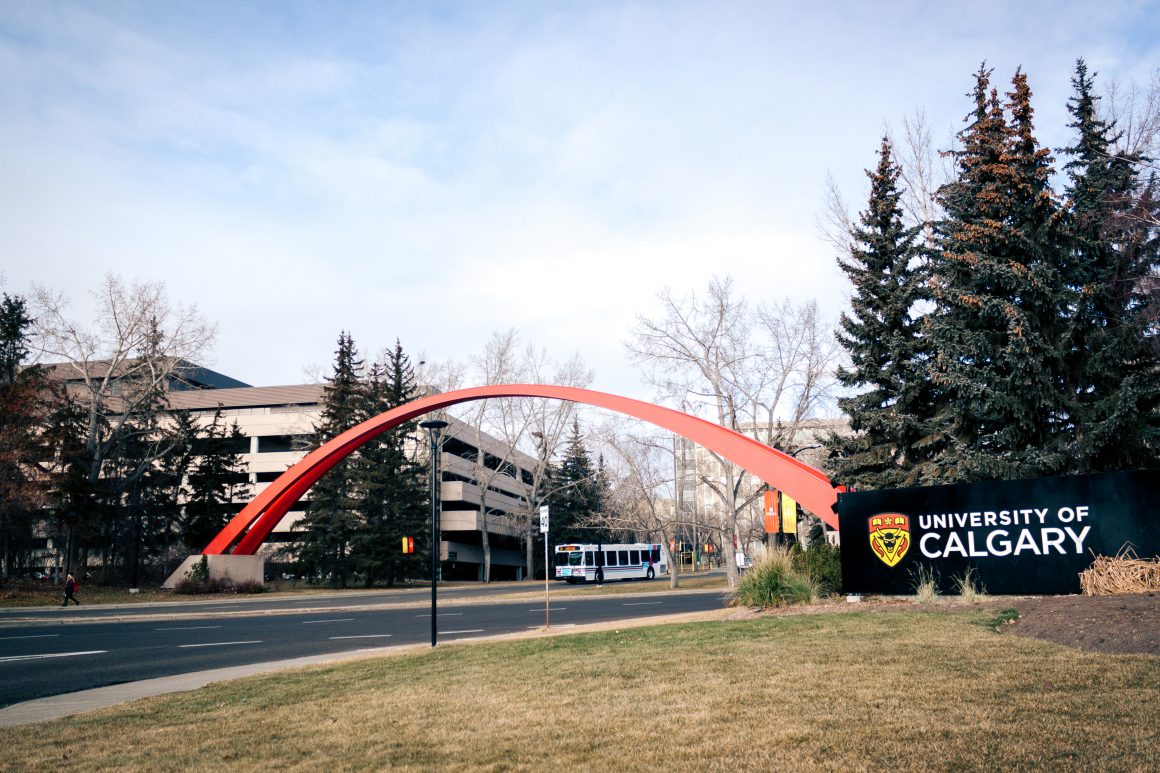
Alberta should cap pay for university executives
July 25, 2017 —
Administrators at Alberta post-secondary institutions are rolling in the green. According to the University of Calgary’s 2016 consolidated financial statements, president Elizabeth Cannon received $943,000 during the year between her base salary, cash benefits and non-cash benefits. University of Alberta president David Turpin made $888,000 in 2016, according to the U of A’s finances.
Those are some hefty salaries, and the Sunshine List — a list disclosing all employees that earn more than a set threshold, which all Alberta public institutions are required to release yearly — details other exorbitant compensations. Many high-level administrators at both the U of C and the U of A earn well over $400,000 a year. While it’s important that the people running these institutions are compensated fairly, these numbers are tough to justify.
The provincial NDP government seems to agree. They’re considering introducing a pay cap for Alberta’s university administrators as early as Spring 2018, a result of a review aiming to ensure that the province’s post-secondary spending is properly allocated. As advanced education minister Marlin Schmidt told Postmedia last week, Alberta’s executive salaries are “way out of line with the rest of the country.”
And Schmidt is right. In 2016–17, University of British Columbia president Santa J. Ono made $367,152, while interim president Martha Piper earned an additional $102,000 during the year. And McGill principal Suzanne Fortier made $390,000 in 2013 — the last year the school disclosed executive compensation.
Those two schools aren’t struggling. In fact, they’re both demonstrably better universities than the U of C and the U of A — especially if you put a lot of weight into university rankings. If these relatively prestigious schools can be successful without dropping almost a million dollars annually on their top-ranking executives, our schools should be able to as well. While numbers from UBC and McGill aren’t perfect comparisons, they serve as a stark contrast to the top salaries at Alberta schools.
Instituting a pay cap could make our schools tangibly better. The excess money being used to pay administrative staff could be reinvested into other areas. It could help maintain the ongoing tuition freeze. It could be used to chip away at the U of A and U of C’s deferred maintenance bills, which have ballooned to over $800 million and $490 million, respectively. It could go towards recruiting more grad students, instructors and researchers to our schools. Anything would provide more value to students than this.
A common argument against capping pay in the public sector is that it puts universities at a disadvantage against the private sector in recruiting and maintaining staff. But the private sector isn’t where most competition comes from for academics — the biggest competition for personnel at universities comes from other universities.
We don’t need to keep up with private sector salaries, because that’s a whole different world. To justify this outrageous level of compensation by claiming everyone’s going to run off to the oil and gas industry is disingenuous. Plus, if a top-level academic is going to reject their executive role at a university because they’re only making $350,000, then they’re probably not the people that should be running Alberta’s higher education.
Capping compensation for administrators in Alberta would benefit students and would align the province with the country’s most revered schools. Elizabeth Cannon can handle a pay cut.
Jason Herring, Gauntlet Editorial Board
Correction: A previous version of this article failed to note that University of British Columbia president Santa J. Ono’s listed compensation did not reflect the entire 2016–17 year. He took office on August 15, 2016, until which date interim president Martha Piper filled the role. Additionally, a line was added noting that compensation numbers from other schools are not perfect comparisons to Alberta post-secondaries. The Gauntlet apologizes to its readers for this error.
